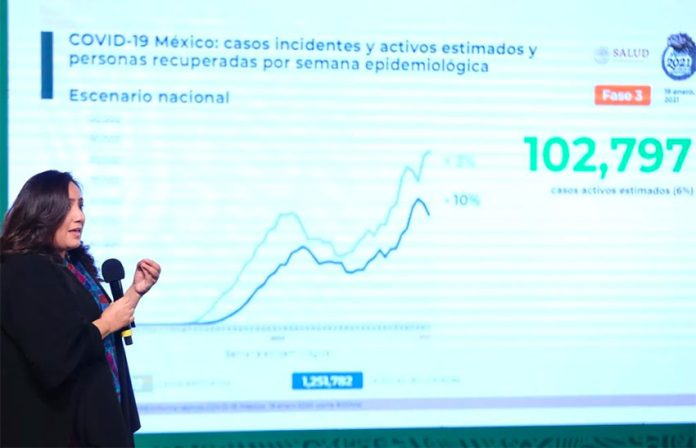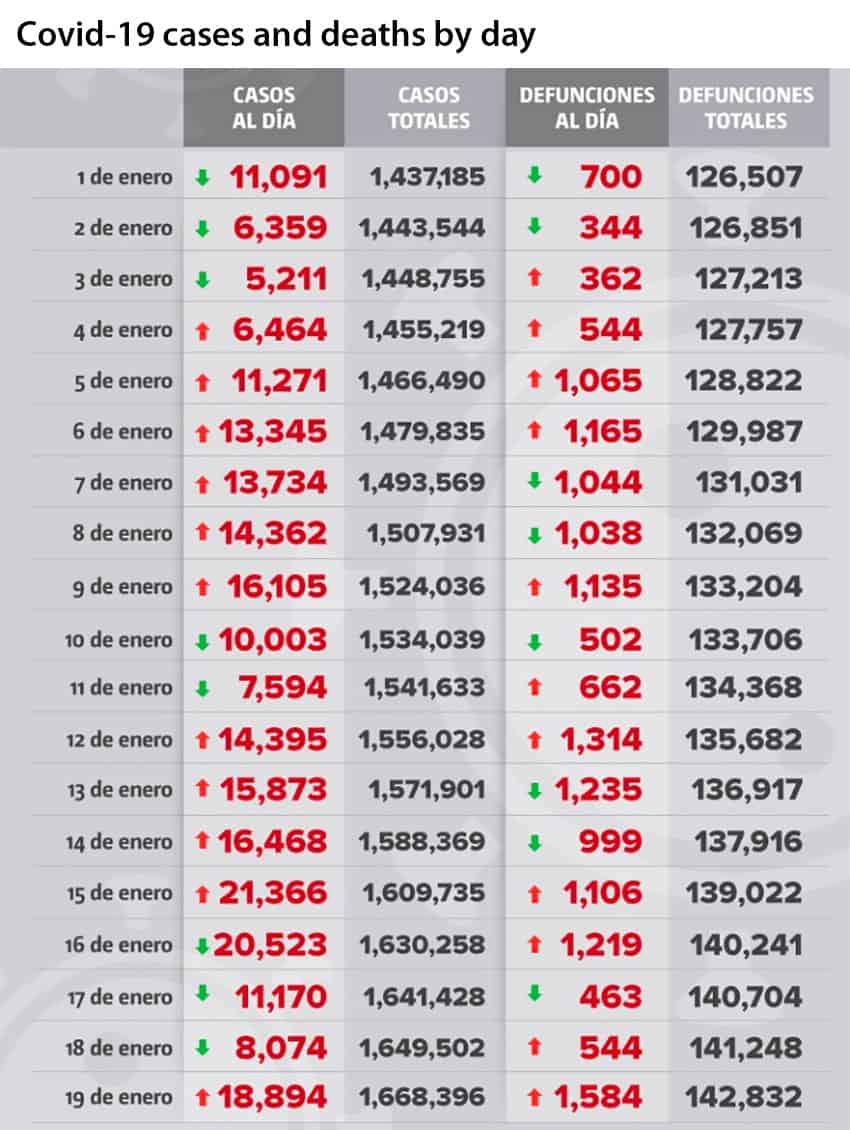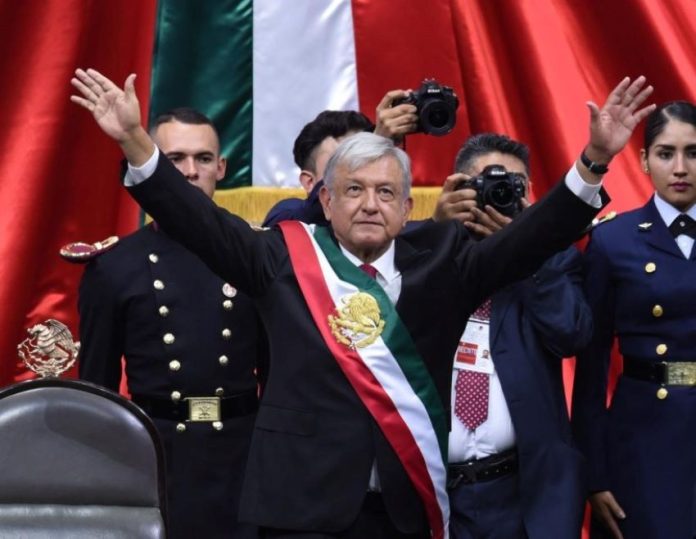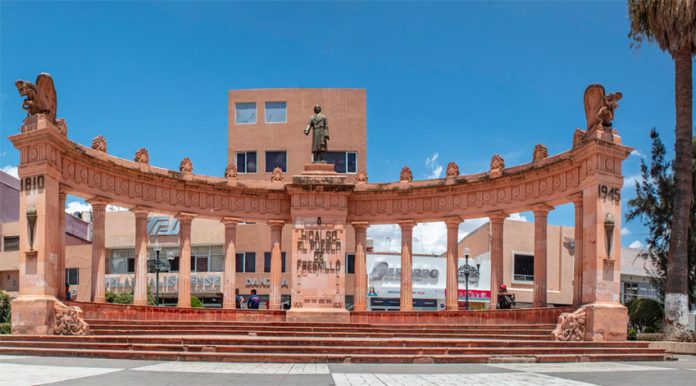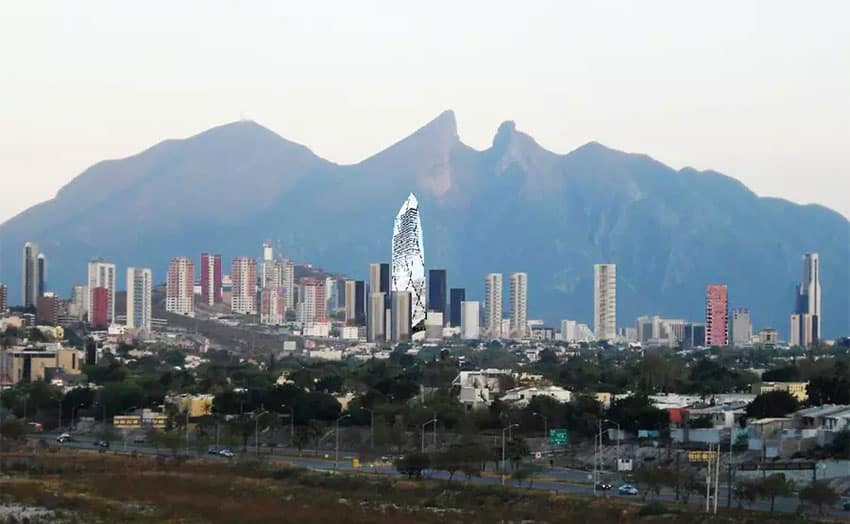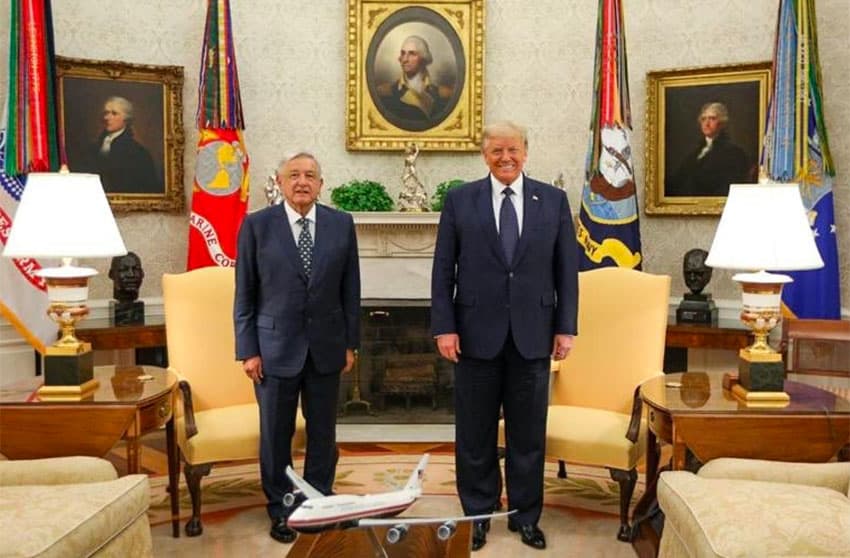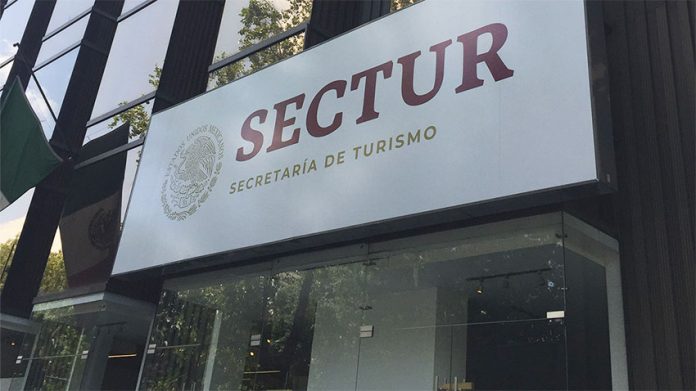If you’re traveling from Mexico City to the United States or Canada you’ll need a Covid-19 test to prove that you’re not infected.
(Travelers to the U.S. who have recovered from Covid-19 are exempt but must provide documentation showing they have recovered in the 90 days preceding travel.)
However, there are some Mexico City laboratories, mostly private, that are able to offer international travelers test results quickly, in some cases as soon as 24 hours.
The National Autonomous University of Mexico, for example, has testing laboratories experienced with providing all kinds of test results.
In general, travelers to the U.S. should present to airlines and possibly immigration officials test results that clearly state the name of the traveler, the date of the test, the type of test done and the test result.
Travelers to Canada are advised to have results that clearly state the complete name of the traveler, their date of birth, the date of the Covid-19 test, the name and address of the laboratory where the test was conducted, the type of test, and the test result.
Here are some laboratories in Mexico City that offer PCR tests:
Clinica del Viajero (Travelers’ Clinic)
- Cost: 3,000 pesos.
- Delivery time: 24 hours
- Results delivery: via email
- For more information: 55 4313 0190; WhatsApp: 55 6748 9375 or [email protected]
- How to get an appointment: online
- Payment: done online during the application process.
This clinic is associated with the National Autonomous University. Covid-19 tests are not being done at the clinic’s normal location but at the Instituto Conde Valenciana in the Obrera neighborhood (Chimalpopoca 14). Information is available on their appointment site.
International travelers should check the viajero internacional (international traveler) and the requiero certificado medico de viaje (I need medical traveling certification) options during the online application process.
Once you have applied for a test online, the website says they will call you to make an appointment, but you can call 55 6748 9375 to confirm receipt of your online application. The fee covers the consultation before your trip, the certified test results and follow-up via email or social media while you are out of the country and after you return.
You should come to your testing appointment with proof of your travel itinerary (including layovers) with evidence of hotel reservations or airline tickets.
Salud Digna
- Cost: 950 pesos
- Delivery time: 48–72 hours
- Results delivery: via their website or WhatsApp
- For more information: 52 55 39566729 or consult their website
- How to get an appointment: online
- Payment: done online during the application process.
You must go to your appointment with official identification, proof of payment made online, and proof of your appointment time.
This private laboratory also has locations in most major Mexican cities but not all may offer Covid-19 testing.
Laboratorio Médico del Chopo
- Cost: 3,195 pesos
- Delivery time: 24–72 hours
- Results delivery: online portal and via email
- For more information: 55 1104 4875 or consult their website
- How to get an appointment: online
- Payment: done online during the application process.
Note: This private laboratory also has locations in many major Mexican cities. Not all offer the Covid-19 PCR test.
Hospital Médica Sur
- Cost: 3,949 pesos
- Delivery time: 24–48 hours
- Results delivery:
- For more information: 55 5424 7200 Ext. 3991 (Covid laboratory call center, open 24 hours) or Ext. 6805 (hospital customer service line) or their website
- How to get an appointment: online
- Payment: done during the online appointment scheduling process
Testing can be done inside the hospital’s Covid laboratory or drive-through without leaving your vehicle. Two testing sites are available, one in Toriello Guerra and another in Lomas-Virreyes.
Source: El Universal (sp)
